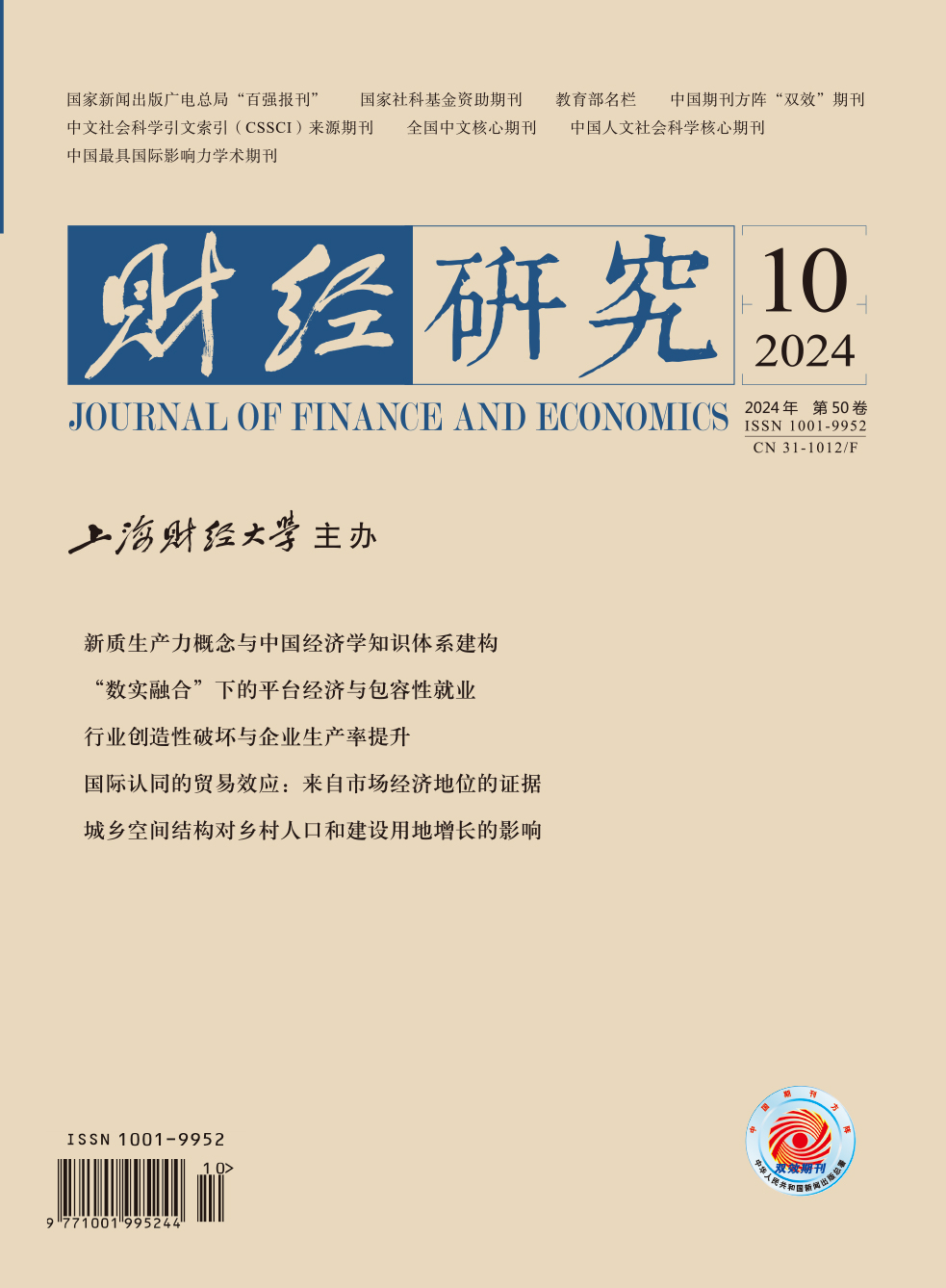After more than 30 years of rapid growth, China’s economic development has entered a new normal from high-speed growth to medium-low growth. With the increasing uncertainty of external production and business environment, the importance of enterprise resilience in coping with crisis has become increasingly prominent. As a differentiated corporate strategy, actively fulfilling social responsibility has an important impact on the resilience and sustainable development of enterprises.
Taking China’s A-share listed companies from 2012 to 2021 as the sample, this paper adopts the “mediating-effect” causal analysis strategy to effectively identify the trust cohesion transmission path of corporate social responsibility (CSR) fulfillment to enterprise development resilience. The results show that enterprises engaging in CSR activities in the past have significantly better quality of operating performance and sustainability when the economy enters a downward cycle. Mechanism testing suggests that supplier loyalty, creditor trust, and shareholder support are the three important mechanisms of CSR to improve the quality of performance during the economic downward cycle. Heterogeneity analysis also shows that the trust cohesion effect is more significant in the samples of enterprises with a lower degree of supply-chain integration, enterprises with a lower level of local financial development, and non-politically-affiliated private enterprises. The study provides important practical implications for enhancing economic resilience in the future: Chinese enterprises are facing a complex business environment, which requires the collaborative efforts of shareholders, financial intermediaries, customers, suppliers, and other parties to boost the confidence of enterprise development; relevant regulatory departments should continue to pay more attention to social responsibility, actively explore the development of social responsibility in line with China’s characteristics, and establish a more scientific social responsibility evaluation system.
The contributions of this paper are as follows: First, this paper adds new knowledge of the economic consequences of social responsibility. It integrates the analysis framework of the level of social responsibility fulfilled by enterprises during the economic upward cycle and the difference in enterprise development resilience during the economic downward cycle, supplementing and expanding the research on the economic results of CSR. Second, by using the trust theory in social psychology, this paper introduces the influencing factors of social trust into the study of corporate finance, providing an interdisciplinary perspective of finance and social psychology to understand the motivation of CSR. Third, from the three main aspects of financial environment, supply-chain characteristics, and enterprise resources that affect the fulfillment of social responsibility, this paper analyzes the heterogeneous characteristics of supplier loyalty, creditor trust, and shareholder support on enterprise development resilience, and clarifies the differences in the role of trust cohesion effect in the fulfillment of CSR.





 4228
4228  7518
7518

